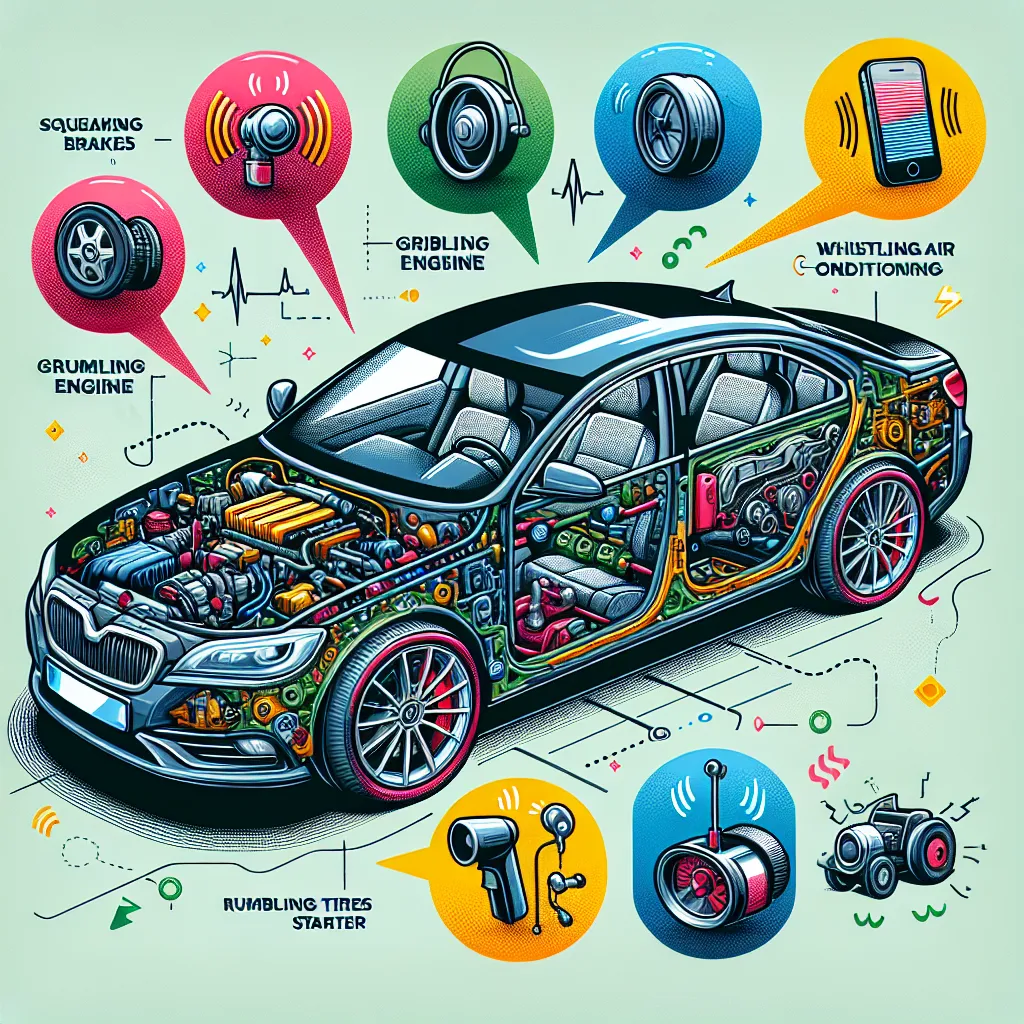The High-Pitched Squeal
If your car emits a high-pitched squeal when you apply the brakes, it's likely a sign that your brake pads are worn down. Most modern brake pads have a small metal wear indicator that makes a squealing noise when the pads have worn thin. If you hear this sound, it's time to schedule a brake service.
The Exhaust Rumble
A deep rumbling sound that becomes more pronounced as you accelerate often indicates an exhaust issue. This could be due to a hole in your muffler or a leak in the exhaust system. Both can lead to increased fuel consumption and decreased performance. Seek out a mechanic if you notice this sound.
The Knocking Noise
A knocking noise from your engine, particularly when accelerating, may suggest that your engine's air-fuel mixture isn't correct. This can lead to 'engine knocking' or 'engine pinging.' Continual knocking can cause significant engine damage over time, so it's best to get this checked as soon as possible.
The Whining Transmission
If your vehicle whines while you're accelerating, or if it makes a clunking noise when changing gears, your transmission may be to blame. These sounds often indicate low transmission fluid or internal wear and tear. Both issues can lead to serious transmission damage if left unattended.
The Growling Bearings
A growling or grumbling noise that changes or disappears when you turn the vehicle could indicate a problem with your wheel bearings. Faulty bearings can impact your vehicle's control and, in extreme cases, cause the wheel to fall off. If you hear this sound, visit a mechanic promptly.
Conclusion
Understanding your car's language can prevent small issues from becoming expensive repairs. Regular maintenance is also key to keeping your car in good health. While this guide covers some common noises, your vehicle could present other sounds that signify problems. When in doubt, it's best to have a professional inspect your car.
